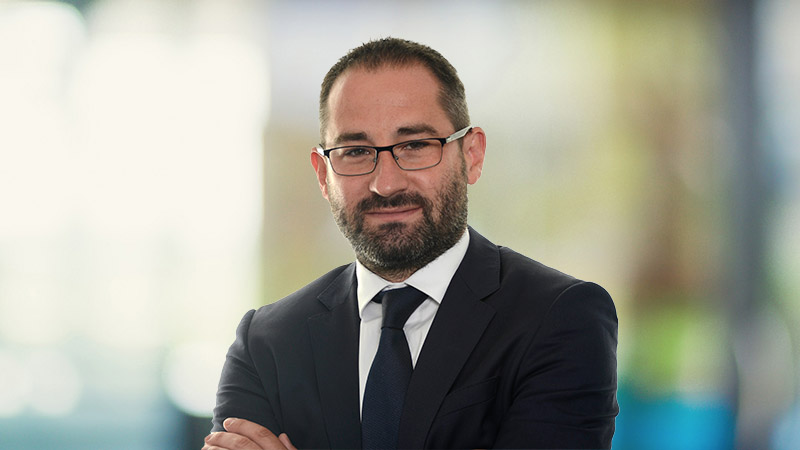The news that Quilter has been invited to partake in a skilled person review in light of concerns about how ongoing advice has been provided via their network of advisers probably comes as no surprise. This follows a similar review into the evidence provided by St James’s Place (SJP) as to their ongoing advice service and whether annual reviews took place. Independent of the outcome of those Section 166 reports, one thing is certain; it won’t stop here.
The request to 20 of the largest firms to provide data around their historic ongoing advice service is likely to be the tip of the iceberg.
But perhaps equally a reflection of how the traditional relationship driven advice model, so entrenched in communities in the past, has been replaced by more remote, sometimes virtual and often impersonal ongoing advice offerings that are transactional, not personal. Perhaps a necessary reaction to the administrative overhead and cost burden put upon firms as a result of sometimes complex and over-bearing regulation.
See more: Money talks: Keeping it in the family
We’ve seen banks closing high street branches and removing branch-based relationship managers, and big advice firms centralising their regional offices to leverage economies of scale. This all represents a shift away from in-person, face-to-face reviews, built on the foundations of personal relationships simply as a consequence of downward pressures on margins, societal changes and in no small part, the pandemic. It remains to be seen if ongoing advice reviews have become the casualty in the never-ending quest for profitability in an increasingly challenging environment.
For over 40 years my father ran a financial advice business built on the very foundations of relationships with his clients that would persist irrespective of the services and products bought. He would meet with them regularly (sometimes weekly, fortnightly or monthly), not because he was told to or because the customer segmentation model said so, but because he wanted to; to be that confidant and listening post for his clients, ensuring they were getting value and that he was a visible presence in the community. He attracted business by referral not because of the unparalleled returns he’d deliver to his clients, but because of the personalised, tailored and trusted service he provided and the relationships he cultivated and grew.
At our conference last year, there was universal agreement on the value of human relationships to build trust and achieve good customer outcomes. The value of technology and the onset of AI was not underestimated, but their role in working alongside human interactions was fundamental to building a service proposition that ensured people and technology complimented each other in harmony; never one at the expense of another.
See more: Increasing investor engagement with personalised behavioural interventions
As we see an industry where the number of advisers is falling (and ageing) and the number of firms is reducing as a result of consolidation, we simply can’t lose the value of human relationships in the future delivery of advice. If we put relationships at the heart of propositions, advice reviews just happen; they need to be documented and evidenced of course, but the activity itself is organic and continuous because it’s fundamentally a part of the fabric of how people build trust in their providers – through human interactions.
Everyone needs to play a role in reverting to a model that puts people at the heart of the proposition. It is paramount and time that government, regulators, providers, advisers and, how about clients as well, come together to help design an advice model that’s fit for the future.
Carl Woodward is joint-founder and director at Simplify Consulting








